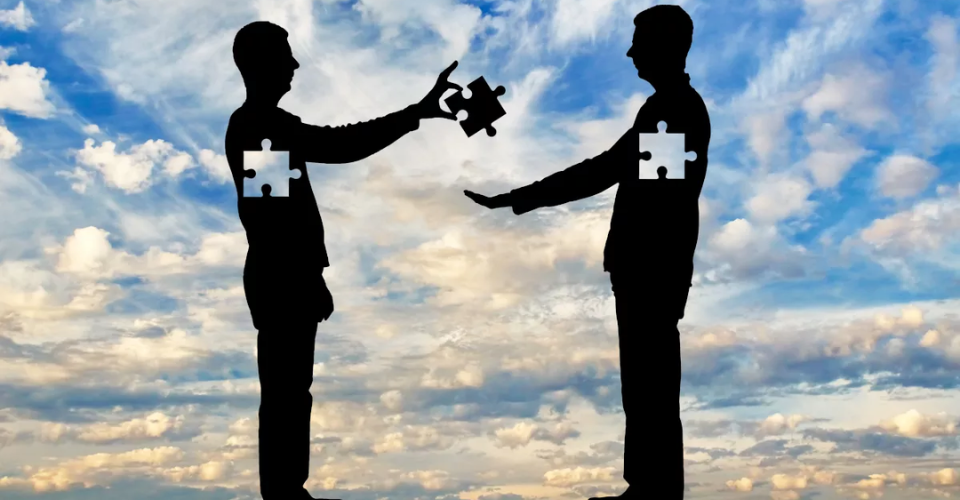Understanding the Roots of Compassion
A groundbreaking study published in Evolutionary Psychology sheds light on why people help others, even at a personal cost. The research, led by Ryo Oda and colleagues, explores how competence and prosociality independently increase compassion and willingness to help others.
The Puzzle of Altruism
Traditional evolutionary theories often emphasize self-interest, posing a puzzle: why do we help others when it costs us? The concept of reciprocal altruism provides a partial answer, suggesting that people help others expecting future reciprocity. Key cues indicating potential reciprocity include the recipient’s competence and willingness to make sacrifices. Helping someone without these traits may not yield future benefits.
The Study Design
To investigate this, researchers recruited 209 Japanese-speaking participants and presented them with four scenarios. Each scenario featured a character who had lost their job, varying in prosocial tendencies (e.g., diligent vs. lazy) and the controllability of their job loss (e.g., employer bankruptcy vs. oversleeping). Participants rated their feelings of responsibility, trust, compassion, and sympathy toward the characters on a 1 to 9 scale. They also assessed their willingness to help through hypothetical actions like offering encouragement or financial aid.
Key Findings
The study found that both the prosociality of the characters and the uncontrollability of their distress independently influenced participants’ feelings of compassion, trust, and willingness to help. Participants showed more compassion and trust towards prosocial individuals and those facing uncontrollable distress. However, willingness to help decreased as the cost of helping increased.
Building on Initial Findings
A second study involved 160 Japanese participants and introduced real costs in measuring willingness to help. Participants read scenarios involving business failures due to controllable (e.g., poor business expansion) or uncontrollable causes (e.g., COVID-19). Using a checkbox method, participants indicated their willingness to help, with each box representing an incremental level of willingness.
Consistent Results
The results mirrored the first study: participants expressed more compassion and willingness to help prosocial individuals and those whose distress was uncontrollable. The effects of prosociality and uncontrollability were independent of each other, even when actual costs were involved.
Limitations and Future Research
While the checkbox method provided a real cost measure, the vignettes might not have fully captured the complexities of prosocial traits. Further research could explore additional factors influencing altruistic behavior.
This study offers valuable insights into the psychological mechanisms driving altruism, highlighting the importance of both prosociality and uncontrollable distress in fostering compassionate behavior.



